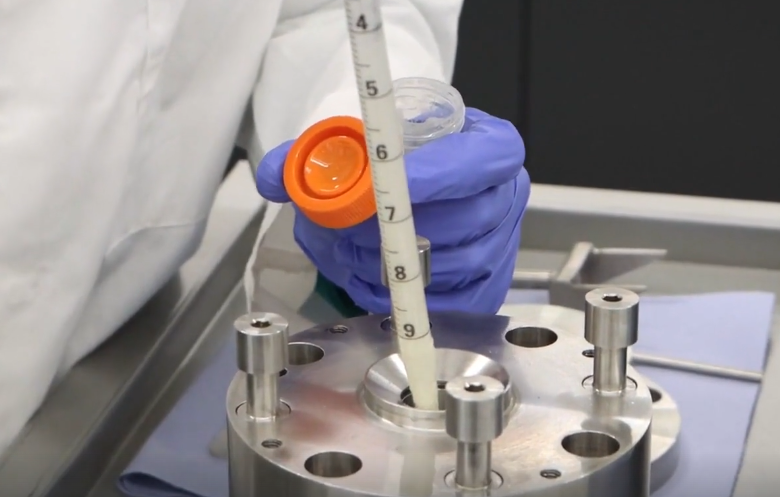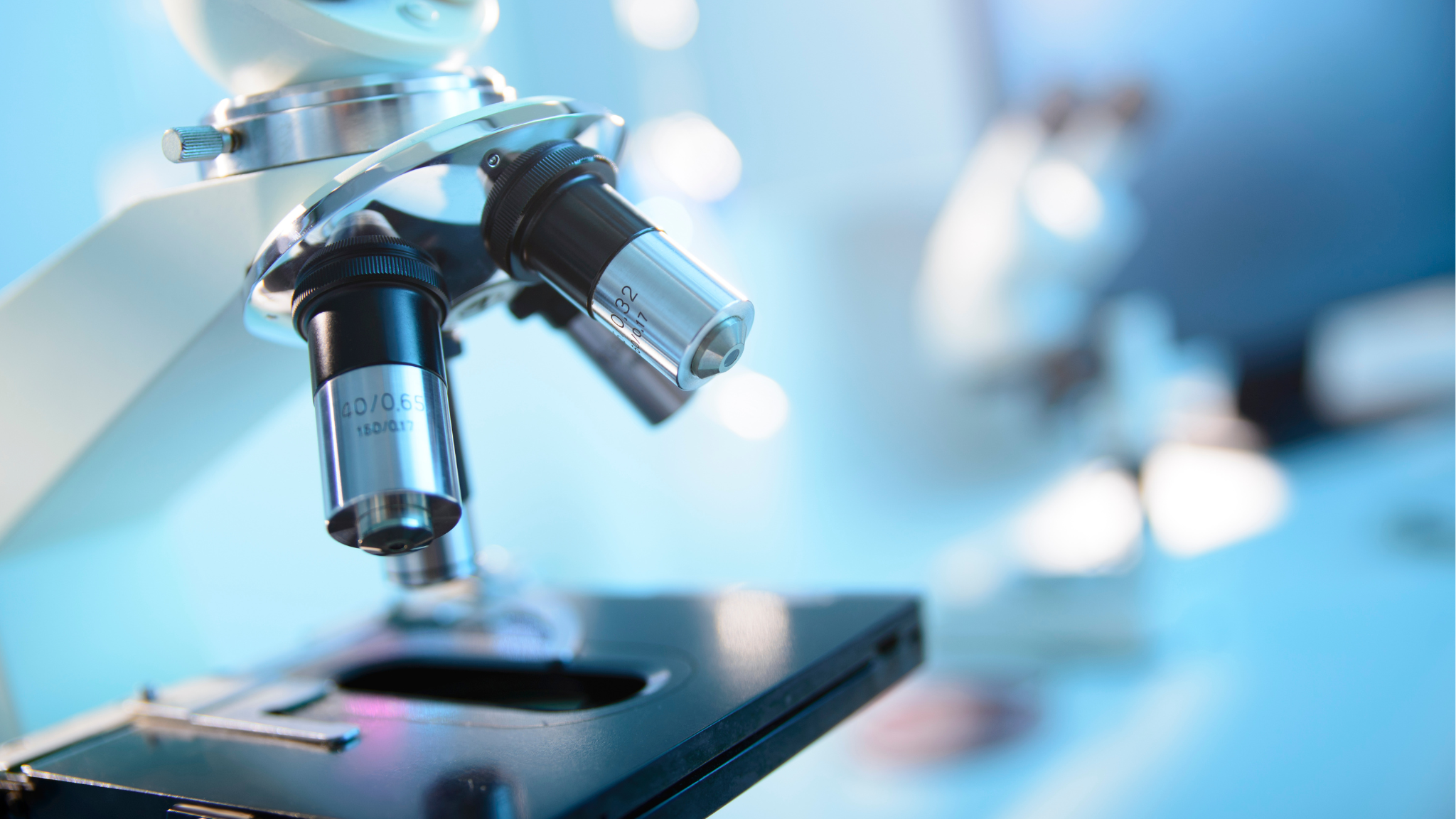New Horizons in Bioprocessing: A Look into the Future

New Frontiers in Bioprocess – The Next Two Decades
To envision the future of bioprocessing in the next two decades, we must first reflect on our past. Let’s rewind to the previous bioProcess UK conference in Edinburgh on November 15th, 2022. On this day, the world’s population surpassed 8 billion—a pivotal milestone in human history. Merely two weeks later, another significant event in human and technological evolution unfolded: the public release of ChatGPT. The astonishing pace of AI advancement complicates our ability to predict the future, as progress in this realm can manifest in unforeseeable leaps. With the formidable potential of AI and automation at our disposal, bioprocessing is inevitably poised to undergo unexpected and incomprehensible transformations. Let’s embark on an imaginative journey to envision what the future may hold.
Advancements in AI and computational biology will enable us to analyse vast biological datasets, providing better insights into diseases, drug discovery, and personalised medicine. Cell and gene therapies will revolutionise treatments by utilising a patient’s own cells to combat diseases, including cancer, genetic disorders, and autoimmune diseases. Further advances in genomics and proteomics will drive the development of personalised medicines tailored to an individual’s genetic makeup and lifestyle, enhancing treatment efficacy, and reducing side effects.
As the global population accelerates towards 9 billion over the coming decades, the ongoing threat of infectious diseases will grow in parallel, necessitating continuous advancements in vaccine technologies. Infectious disease research, with the support of AI, will enhance our ability to respond to emerging and re-emerging infectious diseases, as well as potential novel pandemics.
The escalating demand for biological drugs and medicines will emphasise the need for Industry 4.0 to reach its full potential. Characterised by the convergence of digital technologies—AI, machine learning, and the Internet of Things—with traditional manufacturing processes, Industry 4.0 has the potential to transform bioprocessing, making it more efficient, automated, and data-driven. Imagine a future where a fermentation scientist communicates with a specialised chatbot like ChatGPT-X to optimise and control their continuous fermentation processes with unprecedented levels of precision and efficiency. The scientist could input control conditions in plain English, and the AI-powered bioreactor would self-regulate in real-time, providing the perfect cultivation conditions.
With intelligent machines supervising continuous bioprocessing, traditional batch processing becomes a relic of the past. This shift allows us to meet the growing demand for biopharmaceuticals while reducing manufacturing costs, ensuring our growing population is safeguarded from diseases. However, with the potential for illnesses to become a thing of the past, the primary threat to mankind could be mankind itself. The increasing human population means resources such as food and water become limited. Therefore, managing our environment, preventing pollution, and adapting to climate change become critical challenges. Furthermore, advanced biologics pose potential threats in the context of warfare.
These challenges may seem daunting, but new advances in biotechnology hold promising solutions. Cellular agriculture and alternative proteins might prevail as an affordable alternative to traditional animal products, alleviating the strain on resource-intensive animal farming. This shift would allow more land to be allocated to habitat reserves, new housing, or growing crops for human consumption. Genetically modified crops could thrive in harsher environments with less demand for water. Vertical farming and indoor agriculture could become more prevalent, reducing our dependence on traditional farming, and allowing for more sustainable and efficient food production.
In conclusion, the frontiers of bioprocessing are expanding across various dimensions, influencing healthcare, pharmaceuticals, agriculture, and unique biotechnologies. While predicting the future remains uncertain, one thing is clear: biotechnology will play a pivotal role in shaping the world to come.
Quality Assurance and Compliance:
- Smith, J., et al. (2021). Personalized Medicine: Changing the Paradigm of Healthcare. Journal of Personalized Medicine, 11(2), 65.
- Rodriguez-Capote, K., et al. (2020). Bioprocessing Challenges for Personalized Medicine Manufacturing. Frontiers in Bioengineering and Biotechnology, 8, 439.
- European Medicines Agency. (2020). Reflection Paper on Personalized Medicines and Companion Diagnostics. Retrieved from https://www.ema.europa.eu/en/documents/scientific-guideline/reflection-paper-personalised-medicines-companion-diagnostics_en.pdf




